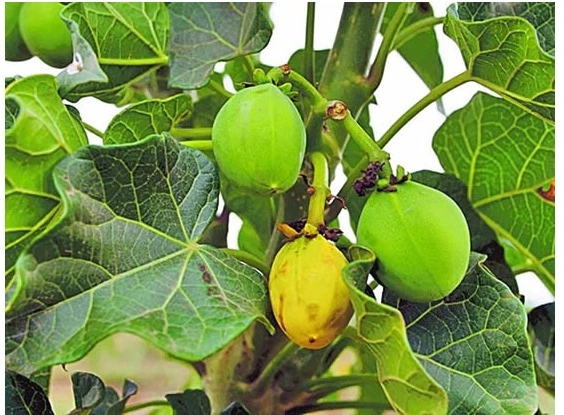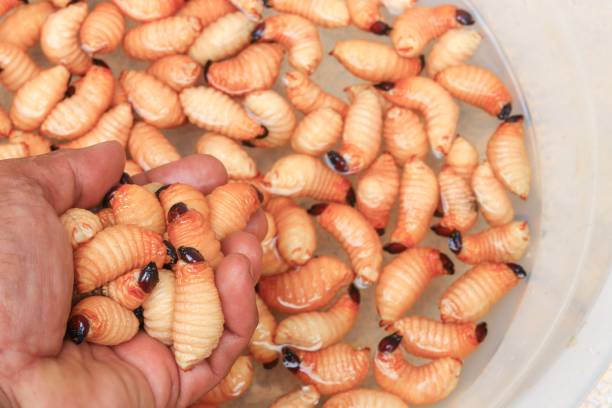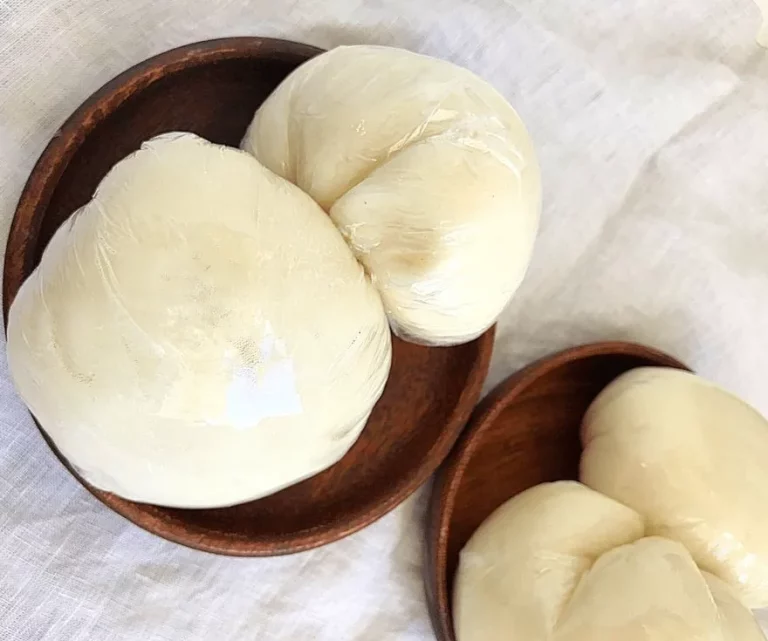10 Surprising Health Benefits of Pearl Millet
There are myriads of Health Benefits of Pearl Millet unbeknown to many. Pearl millet is used for weaning babies, helps to produce more milk in lactating women, and is a good alternative to wheat for diabetics. Pearl millet is non-gluten hence, it is an ideal food for people with celiac disease and gluten allergy.
The botanical name for pearl millet is Pennisetum glaucum. It is usually grown in Africa and India. Its other names include Bajra, cumbu, dukn, gero, babala, sanio, kambu, or bulrush millet.
Pearl millet grows in various hues of brown, white, bluish-purple, yellow, grey, and brown. The pearl millet grain is usually cooked as a cereal or grounded and made into flour.
Pearl millet is one of the varieties of millet grown all over the world. Other varieties include Fonio, foxtail, finger millet, job’s tears, proso millet, little millet, and Kodo millet. Pearl millet is cheap, resistant to drought, and can grow well in poor soil and high temperature.
Nutrition
100 grams of raw Pearl millet contains:
- Protein: 11 grams (g)
- Energy: 363 Kilocalories
- Moisture: 12 g
- Dietary fiber: 11 g
- Carb: 67 g
- Fat: 5 g
- Iron: 8 mg
- Zinc: 3 milligrams (mg)
- Magnesium: 137 mg
- Phosphorus: 296 mg
- Potassium: 307 mg
- Calcium: 42 mg
- Folate: 46 microgram (mcg)
- Vitamin A: 132 mcg
- Niacin (Vitamin B3): 3 mg
- Thiamin (Vitamin B1): 0.3 mg
- Riboflavin (Vitamin B2): 0.2 mg
Below, we shall discuss the health benefits of pearl millet.
Health Benefits of Pearl Millet
1. Blood Pressure
Pearl millet contains potassium and magnesium, which help with blood pressure. Magnesium reduces blood pressure while potassium reduces the effect of sodium, thereby reducing blood pressure.
Magnesium also helps blood vessels relax by increasing the production of nitric acid and improves the effectiveness of antihypertensive drugs. Potassium helps by promoting the excretion of sodium through urine. Sodium increases blood pressure levels.
2. Diabetes
Another health benefit of Pearl millet is that it prevents diabetes. It also helps diabetics maintain low blood sugar. Pearl millet has a low glycemic index, so it does not cause sugar spikes. It is an ideal food for diabetics, just like guinea corn.
3. Gluten-free
Pearl millet is a gluten-free food, hence, it is ideal for people with celiac disease and gluten allergy. Gluten foods cause flatulence, irritable bowel syndrome, and bloating. Examples of gluten-rich foods include wheat and barley.
4. Weight Loss
A health benefit of Pearl millet is that it helps to reduce weight. It contains fiber that makes one feel full quickly thereby suppressing one’s appetite. Fiber slows down the emptying of the stomach, thereby the periods of digestion and absorption.
This causes a lengthened feeling of fullness in the digestive tract and a reduced appetite. Being overweight or obese are a risk factor for diseases like hypertension, diabetes, stroke, and certain cancers.
5. Cancer
Pearl millet is a food that contains lots of phytochemicals that prevent cancer. Also, research shows that eating whole grains like pearl millet reduces the risk of breast cancer.
6. Constipation
A health benefit of Pearl millet is that it prevents constipation. It allows for an easy bowel movement and adds bulk to your stool.
The fiber contained in Pearl millet allows for the prevention of constipation. Women are meant to consume 25 g of fiber daily while men are to consume 38g.
7. Loaded With Nutrients
Another health benefits of Pearl millet is that it is full of nutrients. It contains a high amount of carbohydrates which provide energy. It also contains adequate protein, minerals, and vitamins. Protein helps metabolic reactions take place, repairs and build body tissues, and maintains bodily functions. Pearl millet contains minerals like calcium, iron, zinc, and phosphorus.
Calcium helps to maintain healthy bones and teeth, is important in blood clotting, helps with nerve functions, helps with muscle contraction, and regulates normal heart rhythms. Iron helps to prevent anemia. Iron helps in the production of red blood cells and hemoglobin.
Iron also improves the storage of oxygen through myoglobin. Myoglobin is a protein containing iron that stores and transports oxygen within the muscles. Zinc helps with immune functions, cell growth, and division, wound healing, breakdown of carbohydrates, enzyme reactions, DNA synthesis, and protein production.
Phosphorus helps in the formation of teeth and bones, helps to remove waste products, repairs damaged tissues and makes DNA and RNA. Pearl millet also contains vitamins like vitamin A, folate, thiamine, niacin, and riboflavin.
These vitamins help to maintain healthy eyesight, promote the immune system, improve memory and concentration, help with the conduction of nerve signals, improve skin health, and breakdown down carbohydrates, protein, and fats to produce energy.
8. Weaning Food
One of the health benefits of Pearl millet is that it is an ideal weaning food for babies after six months of age. Pearl millet also increases milk production in breastfeeding mothers. Pearl millet is grounded to make Akamu, – nutritious food for weaning babies.
9. Stomach Ulcers
Pearl millet prevents stomach ulcers. It keeps its alkaline state after cooking, hence, it helps to keep the stomach alkaline. Stomach ulcers happen when the acid in the stomach damages the lining of the gastrointestinal tract.
10. Antioxidants
Pearl millet contains lots of antioxidants that prevent chronic diseases like hypertension, diabetes, stroke, and arthritis. The antioxidants attack free radicals that cause damage to the body at the cellular level. Free radicals can cause oxidative stress which is harmful to the body. Regular consumption of Pearl millet prevents that.
Uses of Pearl Millet
Pearl millet can be used and consumed in various ways. It can be combined with guinea corn made into Akamu or Ogi, which is a type of porridge, it can be grounded into flour and used in making flatbreads cookies, and special food in Northern Nigeria known as Fura.
Then, it is parboiled and liquefied into a watery paste using fresh fermented milk. It is then eaten as a beverage called “Fura da nunu”.
It is also used in making a drink called ‘Kunu’. Kunu is the product of soaked, fermented, and grounded pearl millet, that is cooked and spiced up with cinnamon, ginger, and cloves.
Side Effects
Pearl millet contains anti-nutrients. Antinutrients are substances that block the absorption of other beneficial nutrients. Research shows that pearl millet contains oxalates, phytates, and other anti-nutrients that prevent the absorption of nutrients like iron, phosphorus, and zinc.
However, fermenting Pearl millet before consumption helps with the reduction of the anti-nutrients, and assists in the absorption of the various micronutrients and antioxidants in the food.
Conclusion
When consumed appropriately, the above Health Benefits of Pearl Millet are assured. It is an ideal food to be included in one’s daily diet, providing various nutrients and supporting a balanced diet when combined with other foods.






